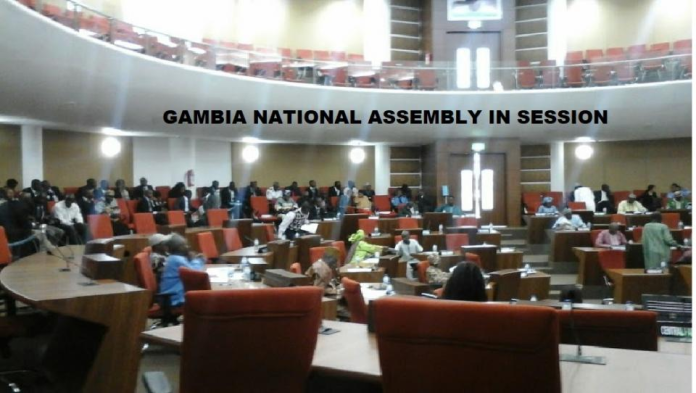At the Central Bank’s request, the Joint Committee of the National Assembly on Finance, Public Accounts, and Public Enterprises decided on Monday to convene in private to discuss the current controversy surrounding petroleum products.
The committee heard testimony from the Central Bank of The Gambia regarding the $30 million worth of the 36,953.614 metric tons of petroleum products that were under investigation. The management of the Bank asked for a secret hearing, citing possible repercussions in the event that the proceedings were made public.
The committee was cautioned by Governor Buah Saidy of the report’s sensitive nature, and she emphasized that holding a public hearing could have unforeseen implications. The results of the Central Bank’s examination into the commercial banks involved in the case are anticipated to be presented.
Alagie S. Darboe, the Joint Committee’s co-chair, told reporters prior to the meeting that the Central Bank had asked for a private testimony, which would keep the media out of the room.
“The committee has reviewed the request’s merits, and as a result, we decided to take it under consideration. We apologize to the media for not informing them earlier; instead, we appealed based on the request and its supporting documentation, and as a result, the meeting will take place behind closed doors,” he said.
It was eventually discovered that Governor Saidy had requested a closed session orally rather than in writing.
The Central Bank’s supervision department was looking into how three companies that were allegedly importing and selling Russian fuel in The Gambia without paying taxes were able to open accounts with commercial banks, Governor Saidy said during the Bank’s first appearance before the committee on August 28.
Reporters in attendance in the National Assembly voiced their dissatisfaction with the ruling, pointing out that the committee has previously held secret sessions after first announcing them as public inquiries.


